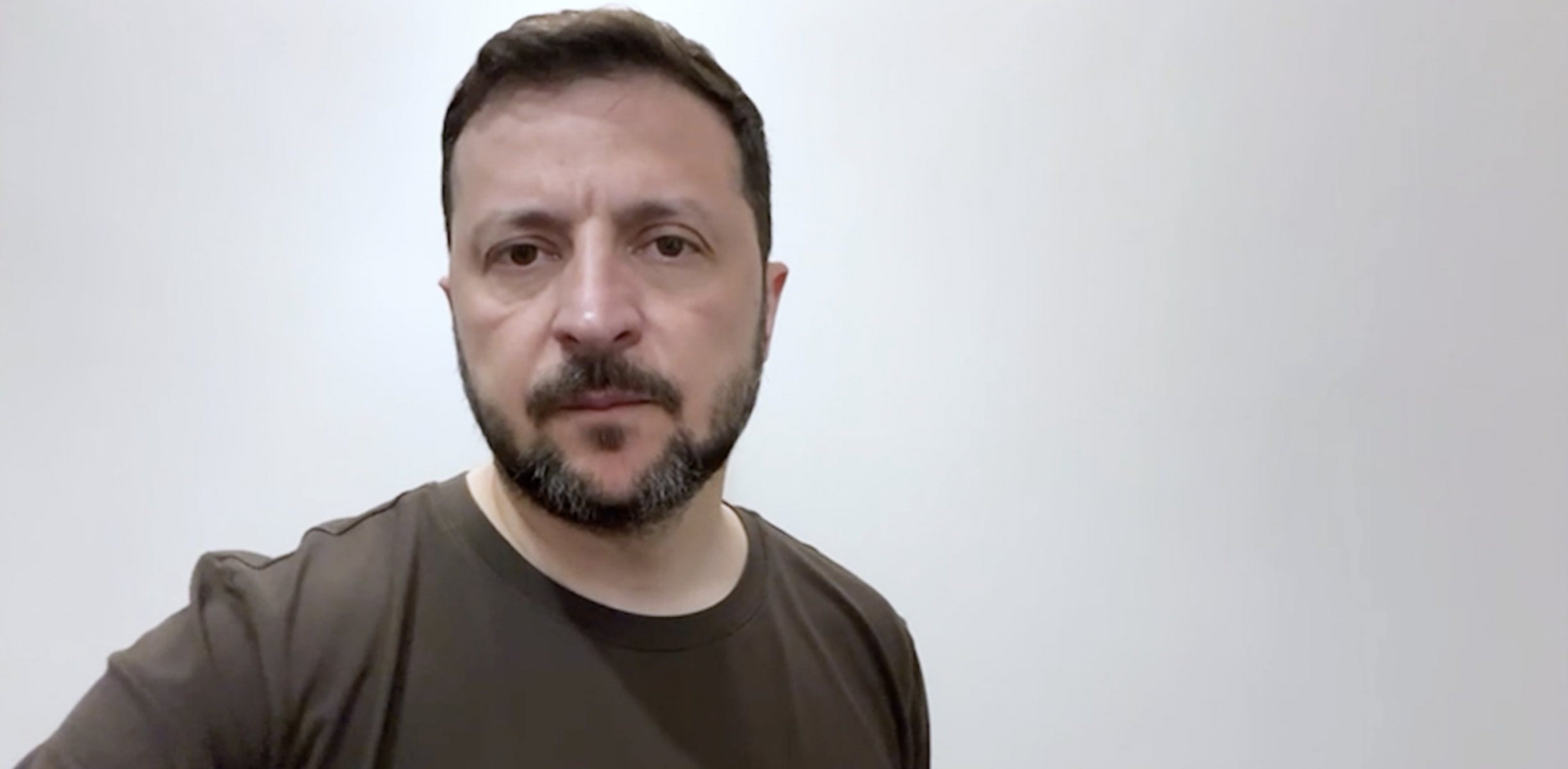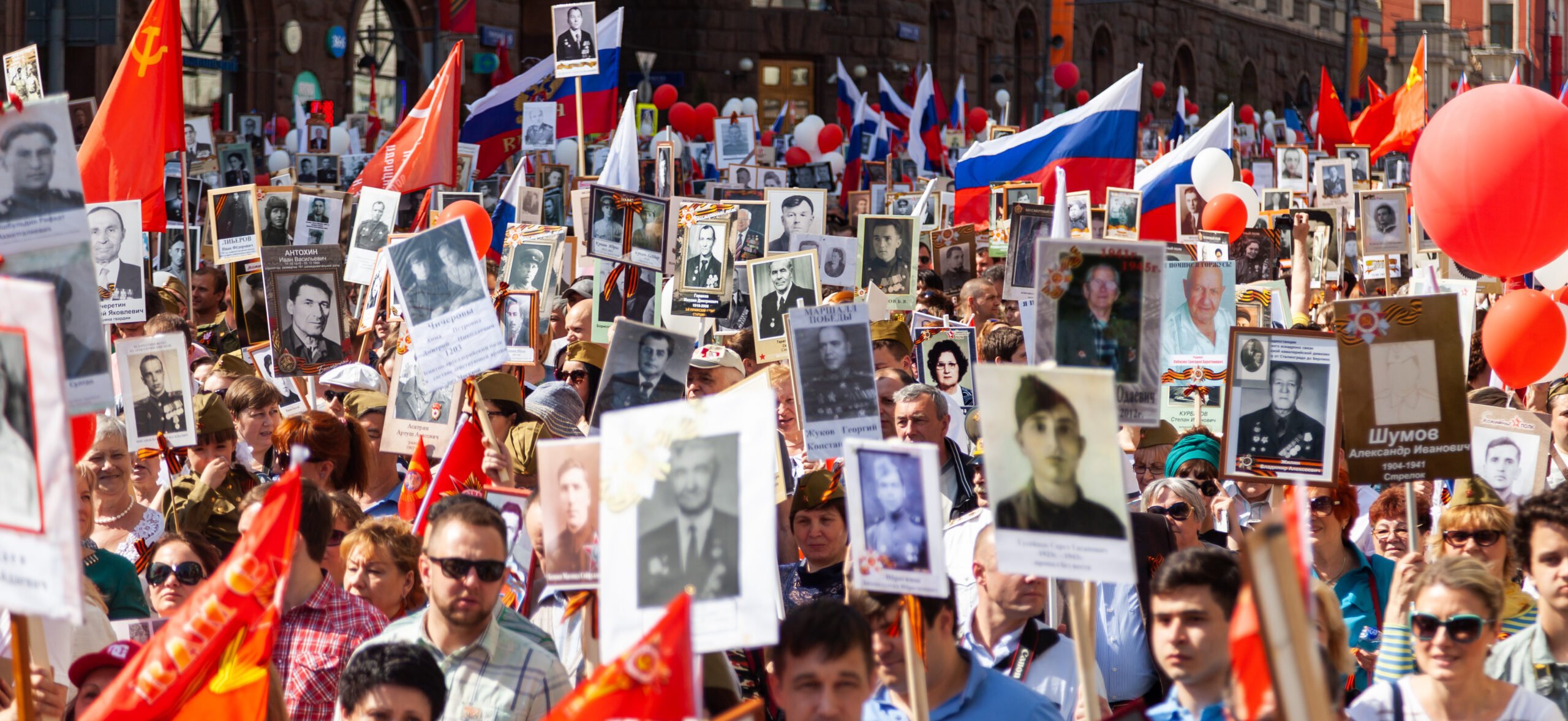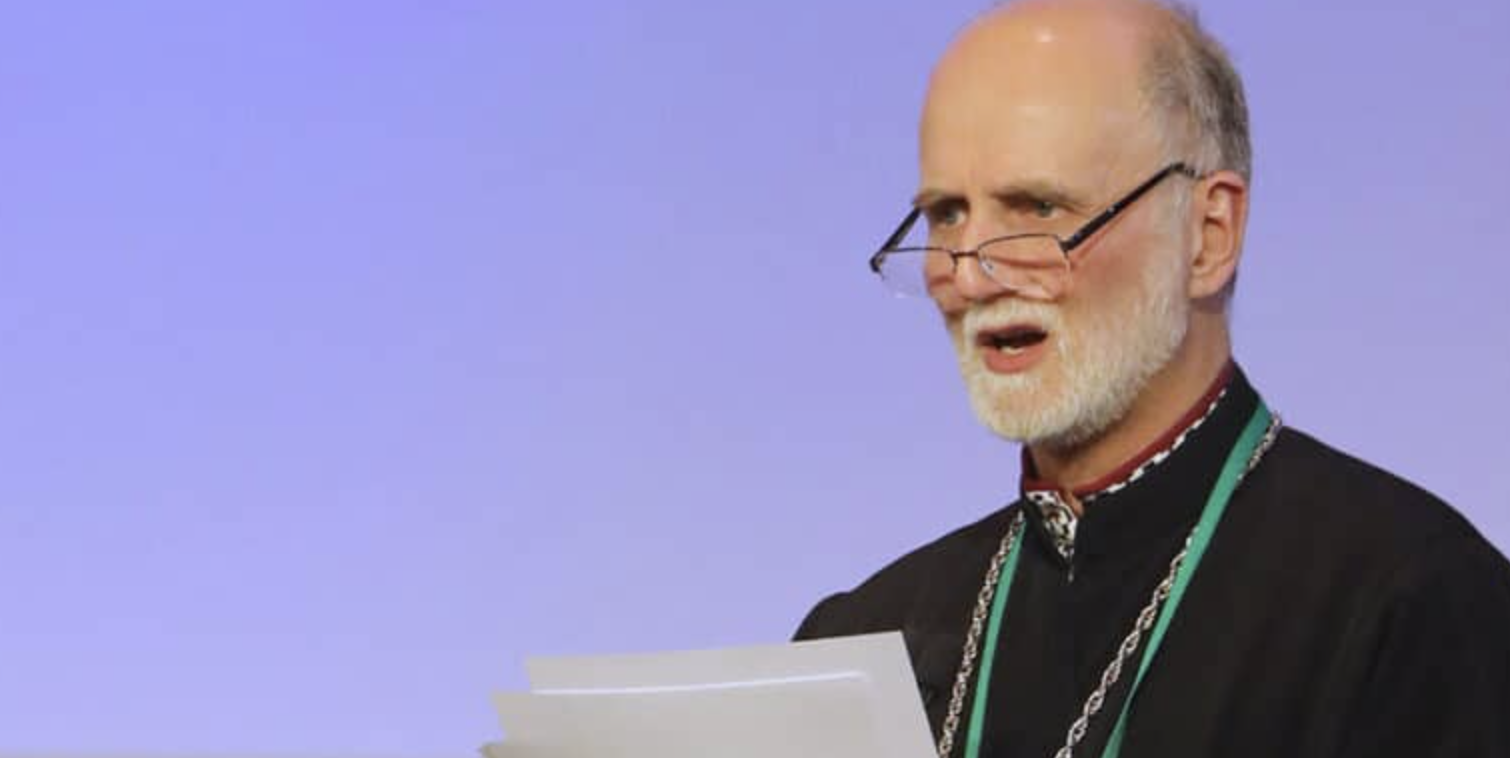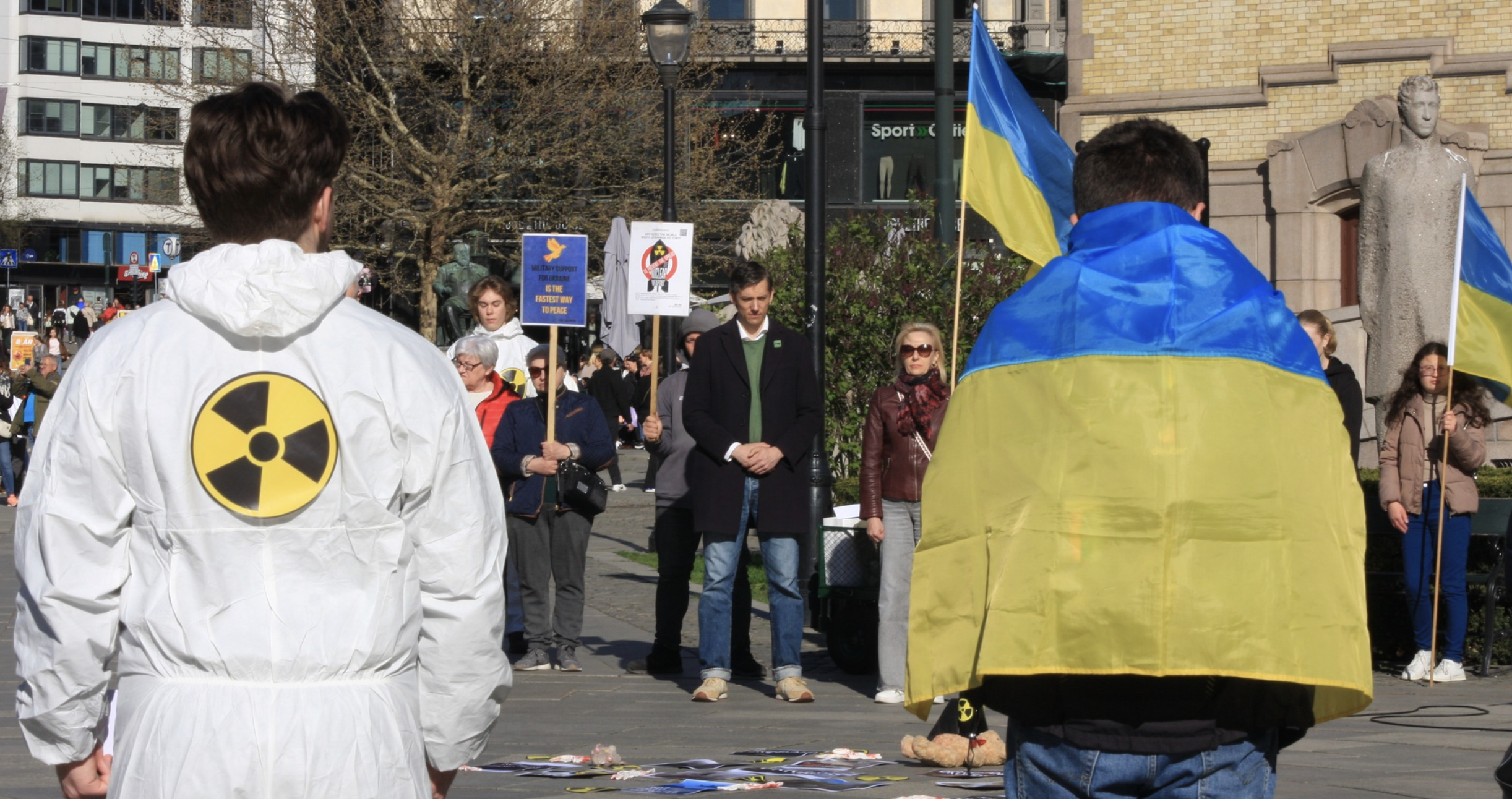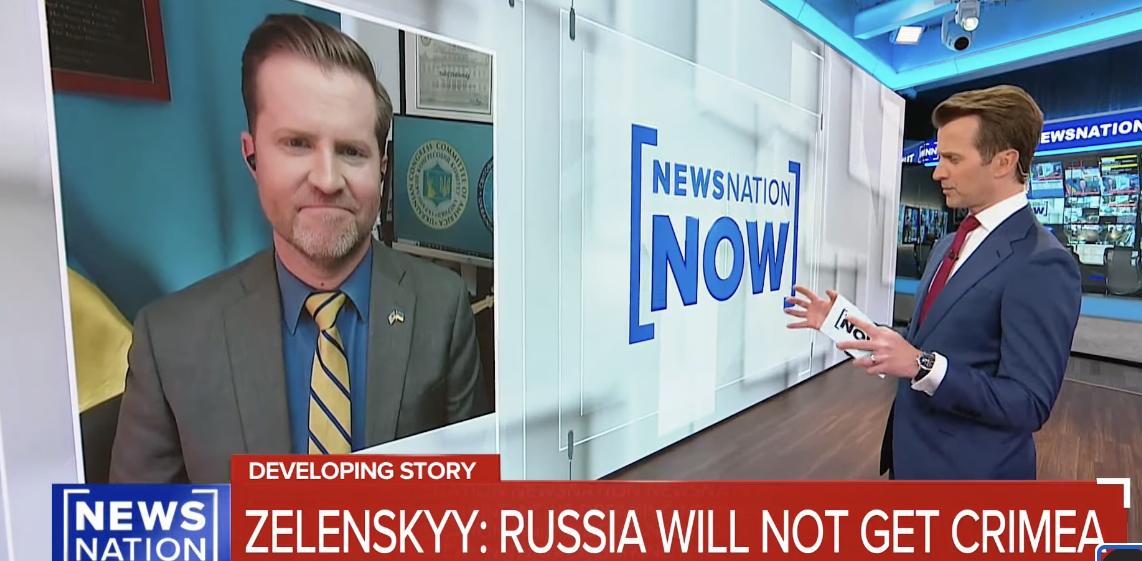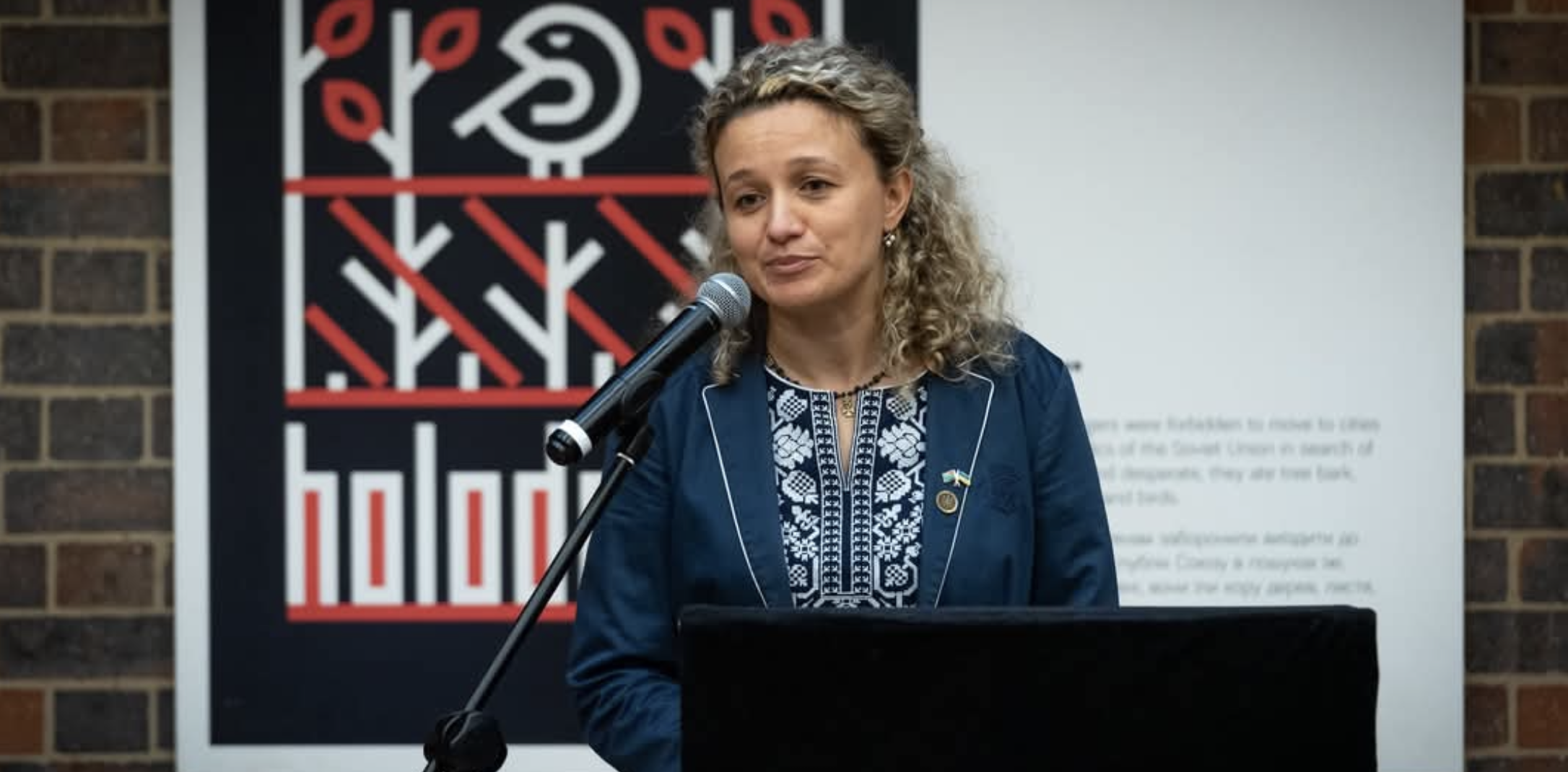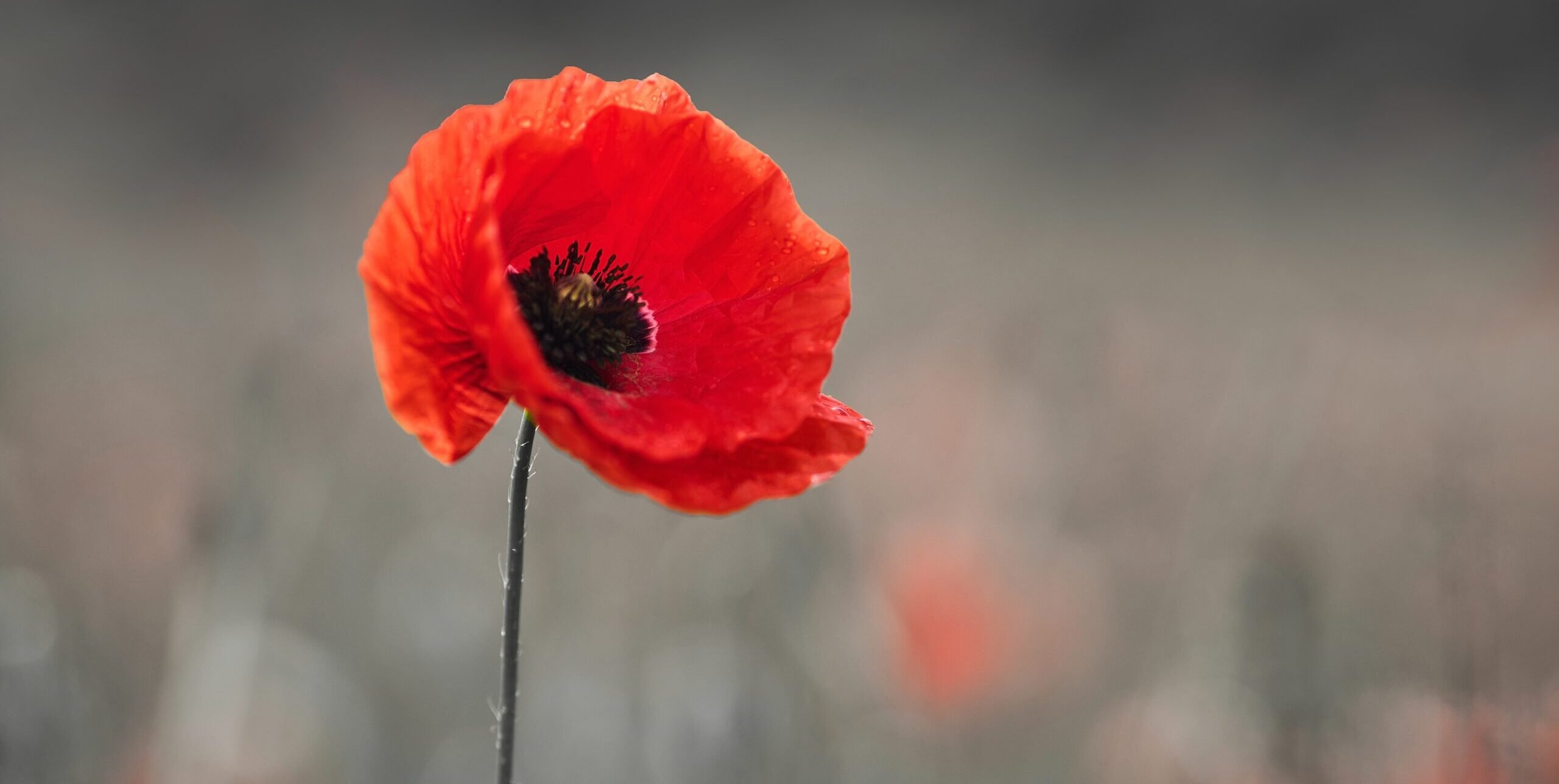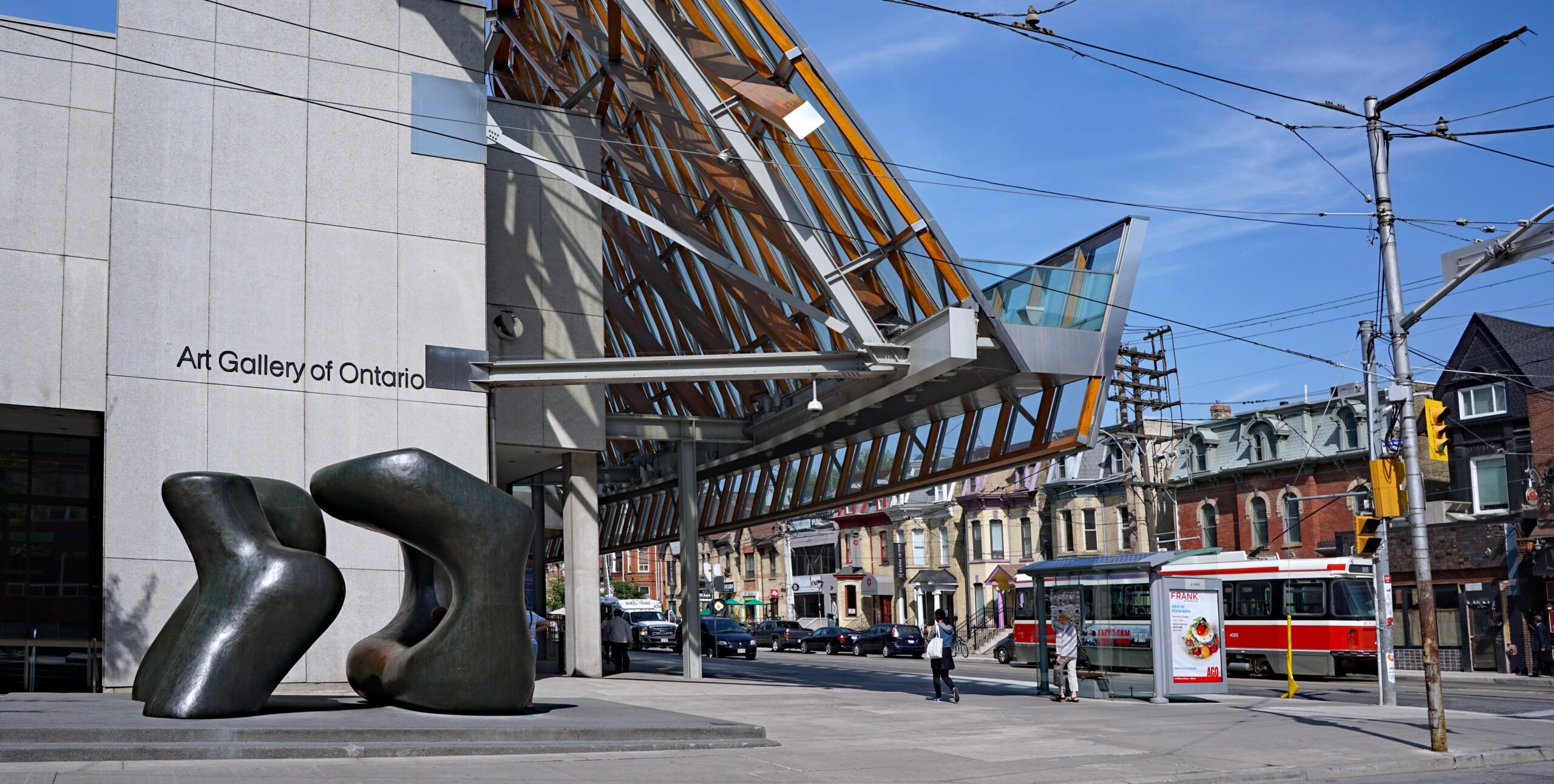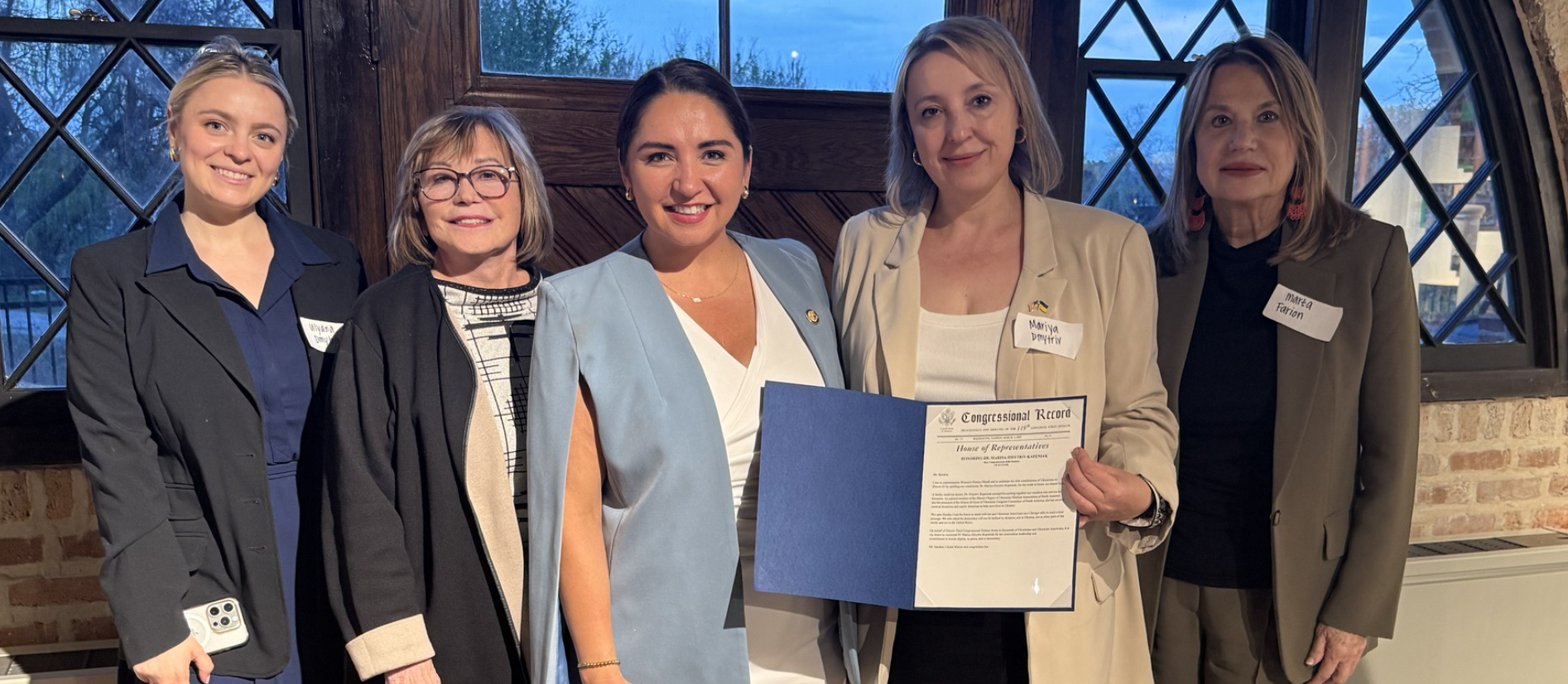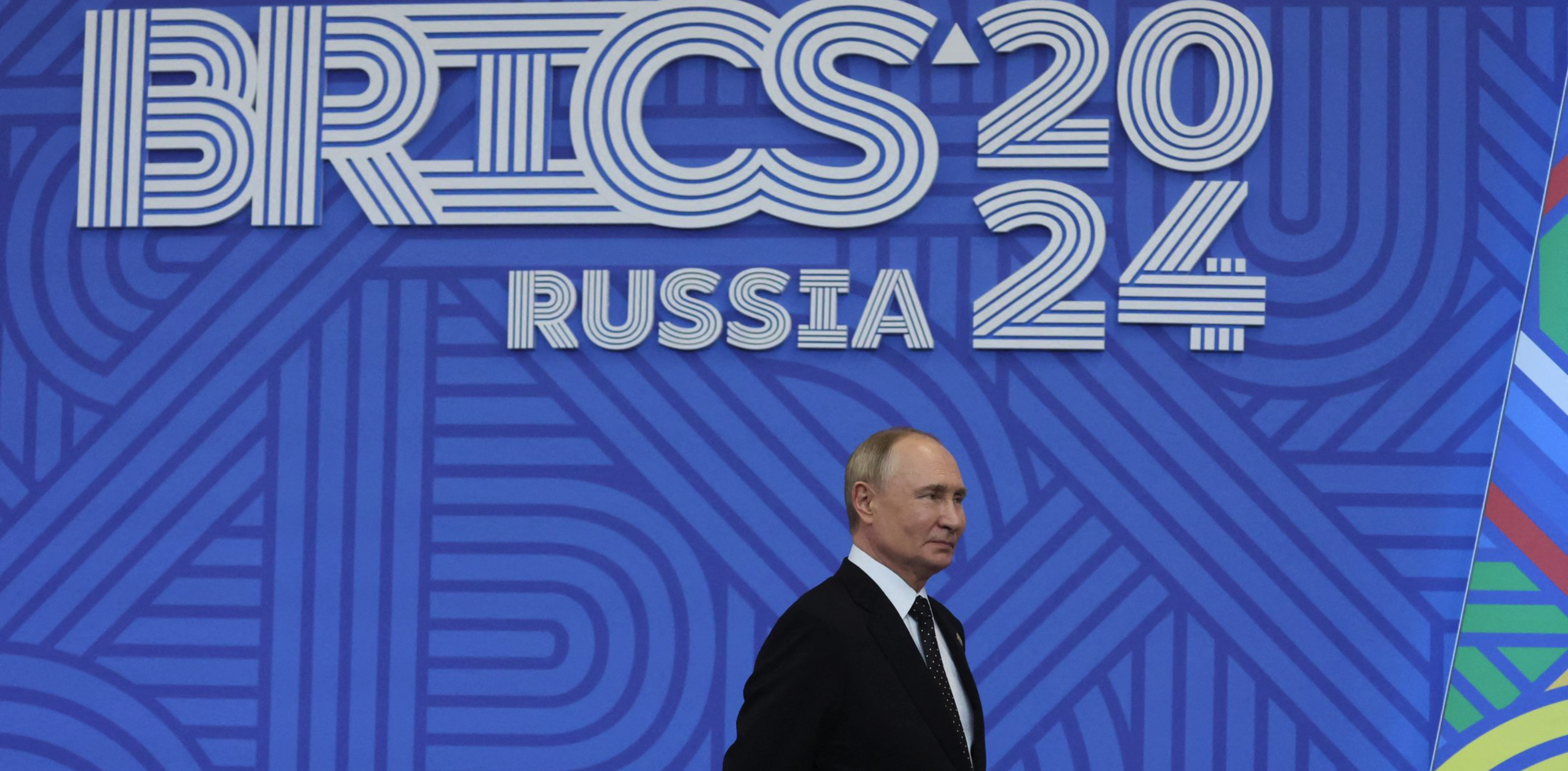
The annual BRICS summit took place in Kazan, Russia, on Oct. 22-24, gathering 36 world leaders. Nearly all BRICS member country leaders attended in person, except for Brazilian President Luiz Inácio Lula da Silva, who joined virtually due to a head injury.
UN Secretary-General António Guterres was also present, despite having declined an invitation to the Ukrainian Peace Summit in Switzerland earlier this year.
The Russian-led BRICS, seen as an alternative to the G7 nations, was originally established together with Brazil, India, China and South Africa.
At the summit’s conclusion, participants signed a declaration advocating for the “situation in and around Ukraine” to be resolved through mediation, dialogue, and diplomacy.
The Ukrainian Ministry of Foreign Affairs subsequently issued a response that implied the summit was optics-over-substance.
“Moscow’s attempts to impose the idea of an allegedly alternative position of the so-called Global South on Russian aggression against Ukraine have failed once again,” the ministry stated. “The declaration demonstrated that the BRICS as an association does not have a single position on Russian aggression against Ukraine.”
The so-called Kazan Declaration underscores Russia’s ongoing struggle to gain international support or build an alternative security structure, analysts from the Institute for the Study of War observed.
Ukrainian experts also provided commentary regarding the outcome of the BRICS summit and was compiled by the Ukrainian World Congress.
Expectations for the BRICS summit were inflated, says political scientist Vitalii Kulyk, as reported by i-ua.tv.
“Specifically, there was an expectation that a regulatory plan promoted by China would be announced, with Russia signing on. But this didn’t happen. Ukraine was mentioned only briefly at the summit, not in an action plan outlining specific measures or concessions. It was more a statement about initiating a larger dialogue. The summit showed that BRICS isn’t becoming an economic or political bloc. Instead, it’s a club of countries uninterested in their global status but capable of setting an alternative agenda for humanity.
However, the BRICS leaders didn’t come to meet with Putin – they came for China’s agenda. Russia was simply the host. Xi is using this to bolster Putin’s image, suggesting he’s not isolated.
Even UN Secretary-General Guterres felt compelled to attend, given his own diplomatic isolation from Western leaders. For Putin, this represents a diplomatic breakthrough, which Moscow portrays as Russia being part of the global leadership and Putin overcoming isolation. But it’s unlikely Russia will translate this event into real military or political support; each country has its own interests and will act strategically. For instance, they’ll trade with Ukraine where it benefits them, and with Russia where it brings profit,” Kulyk stated.
Political scientist Olesia Yakhno, as reported by FREEDOM, agrees that China, not Russia, dominates within BRICS.
“For China, BRICS has an important ideological role. It participates in anti-Western blocs, alliances, and platforms, aiming to establish systems alternative to the West. To some extent, BRICS was initiated with this goal, first as an economic structure to offer alternatives to Western financial systems,” Yakhno said.
According to Ukrainian diplomat Volodymyr Ohryzko, a former foreign affairs minister and head of the Center for Russia Studies, the summit in Kazan brought no advantages to the Kremlin, reports Priamyi.
“This gathering was more a coalition of the mildly dissatisfied, each with their own interests. Do we really expect China to challenge the West and stop trading with them? In a month, they’d collapse. This is another attempt by Putin to reshape the world, which he openly talks about. But it’s a hopeless attempt, like his ambition to conquer Ukraine. It’s simply another manifestation of the failure of Russian foreign policy. All this talk about a Ukrainian crisis and peace efforts is just a facade for their cynicism and desire to profit from the war,” Ohryzko stated.
Political scientist Ihor Chalenko, in an interview with Hromadske Radio, notes that Russia is trying to project its active participation in international affairs and establish an alternative financial system to circumvent Western sanctions.
“If you look at the resources and effort Russian propaganda has put into the BRICS+ summit, the main message is that Putin is supposedly not isolated. They highlight the attendance of over 30 delegations and high-level representatives. But if you review the news from the past couple of days, it’s mostly about optics – showing who shook hands with Putin, who embraced him, and who spoke with him,” Chalenko said.
Cover: Reuters/Maxim Shipenkov/Pool

